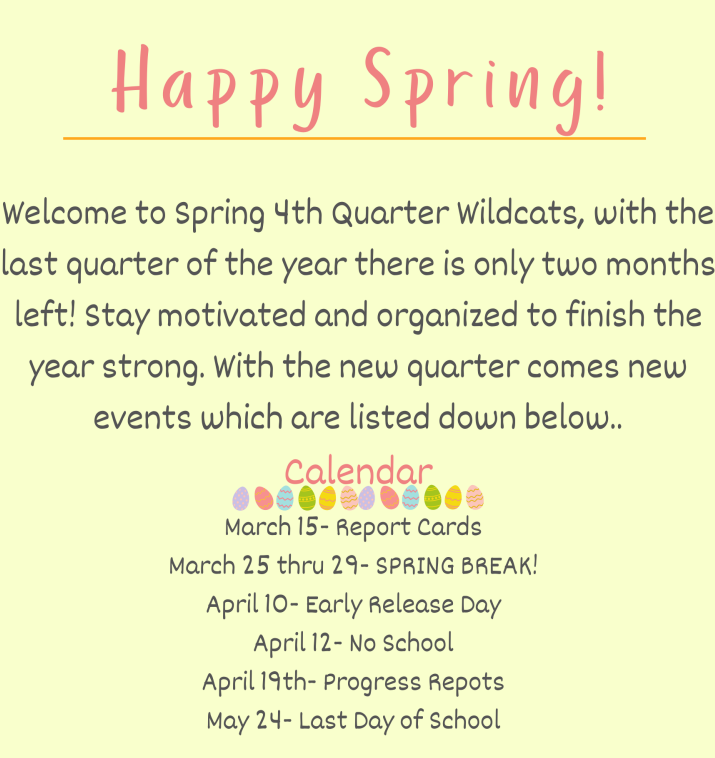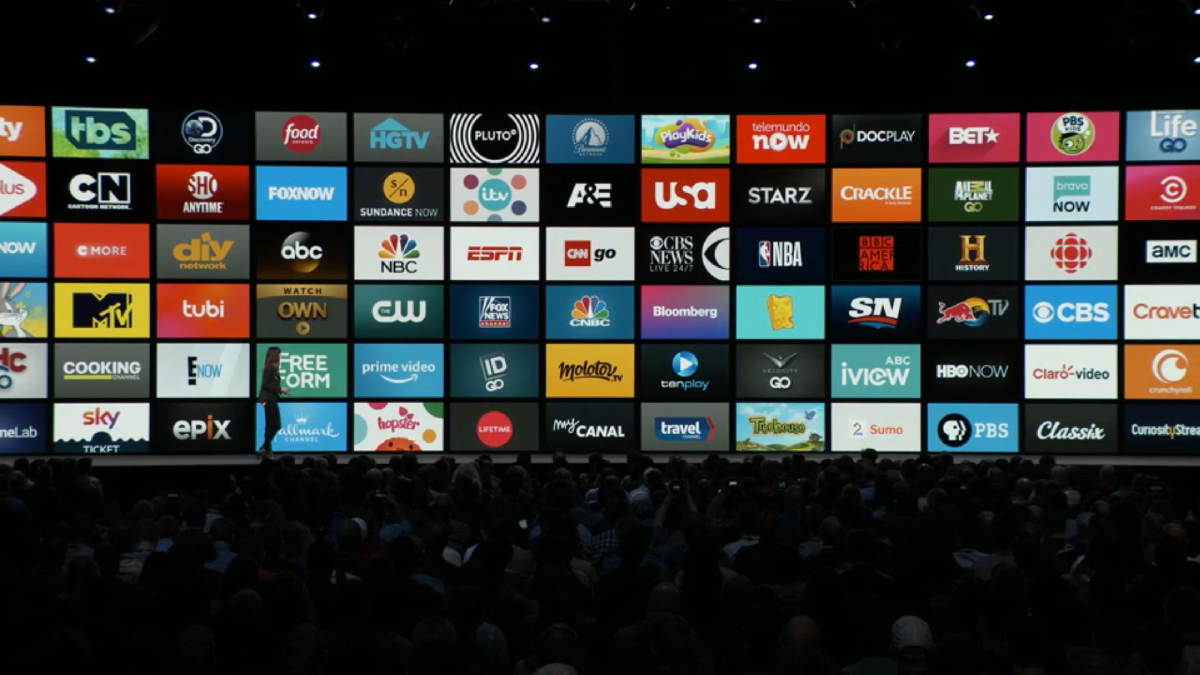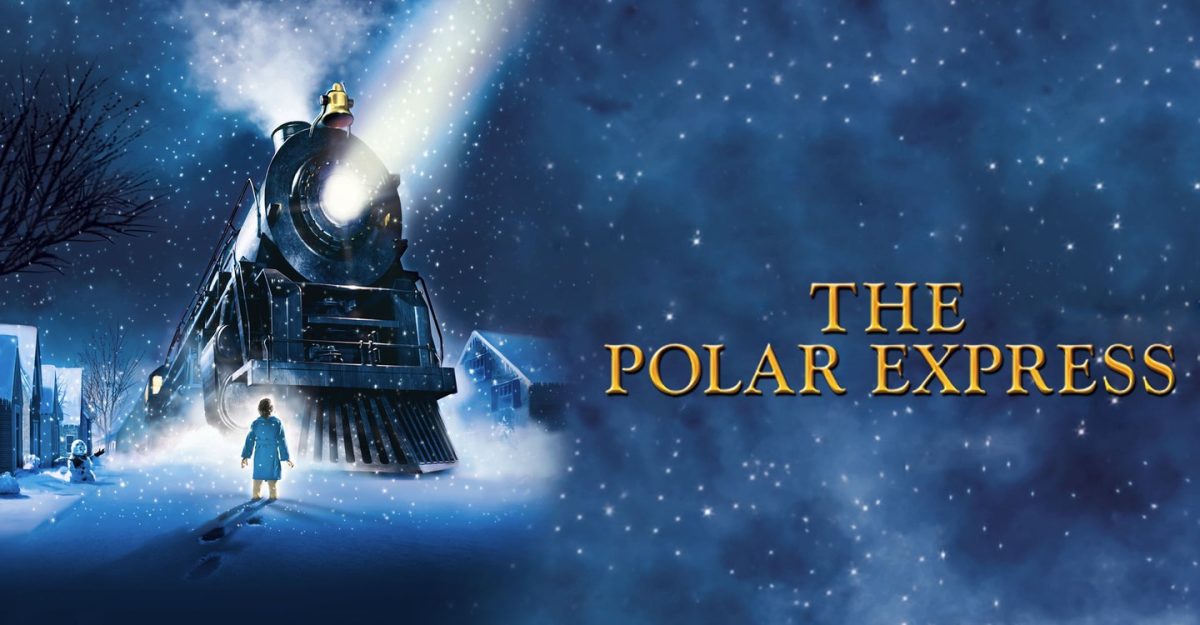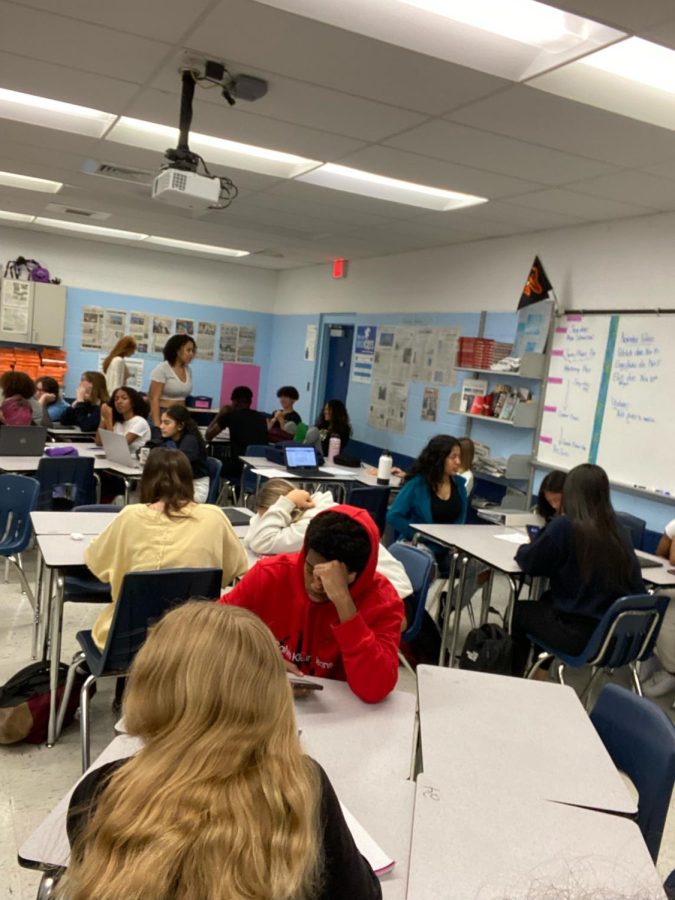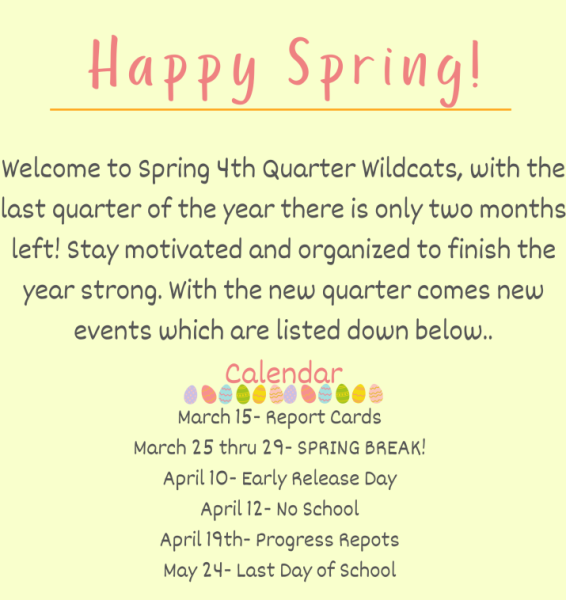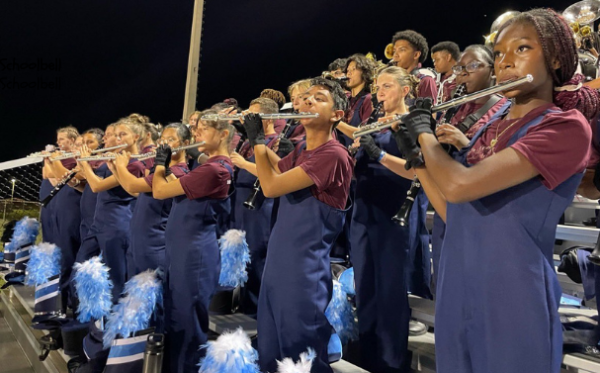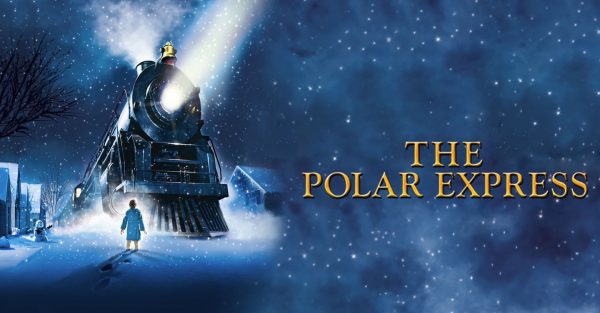Taylor Swift: Midnights album review: The Work of a Mastermind
Taylor Swift has once again left her fans on the edge of their seats with her new studio album “Midnights”. Taylor has become the first artist to ever claim all top 10 spots on Billboard’s Hot 100 after releasing Midnights. “Midnights” by Taylor Swift encapsulates thirteen sleepless nights throughout the life of Miss Americana. Midnights discusses all the topics that kept Taylor up during the middle of the night ranging from fantasizing about revenge and falling apart to wondering what might’ve been and falling in love. Midnights is Taylor Swift’s tenth studio album following the highly praised “sister albums” Folklore and Evermore released during quarantine in 2020. There are thirteen songs, one for each night, on the album and twenty songs on the deluxe “3 A.M. edition”.
Swift has shared on Spotify with her fans the five categories that kept her up late at night. “The first thing that kept me up at night…is self-loathing. The second thing that kept me up at night…fantasizing about revenge. The third thing that kept me up at night…wondering what might have been. The fourth thing that kept me up at night…falling in love. The fifth thing that kept me up at night…falling apart” Swift revealed. After listening to her new album, it is apparent which of her songs match up with each category, and they did not disappoint.
Swift has approached new levels of vulnerability with her first category: Self-loathing. Anti-Hero discusses all of Taylor’s deepest insecurities and self-doubts. Taylor is known for using her music as a way to narrate her life experiences and emotions; Anti-Hero is no exception. In her song, Anti-Hero, Taylor sings about how the media’s perception of her has planted doubts about her character in her mind and how these self-deprecating thoughts have kept her up at night. Taylor compares herself to an anti-hero character in fiction, a protagonist who lacks heroic characteristics and morals, to help her fans better understand her view on herself. The song has a simple yet powerful chorus of Swift repeating the lyrics “It’s me. Hi. I’m the problem. It’s me” to show that she is finished defending herself and has given into the media’s portrayal of herself.
In contrast, Swift’s second category, fantasizing about revenge, has pushed her out of self-hatred and directly back into her confident state of mind. Songs such as “Karma” and “Bejeweled” speak of how self-love and happiness are the best forms of revenge. These two songs contain similar elements to Swift’s album “Lover” released back in 2019. “Karma” talks about the difference between Taylor Swift’s karma and the karma of all the people who have wronged her. Taylor describes the things and people she loves as her karma and the downfall of her enemies as their karma. Taylor sings “and I keep my side of the street clean. You wouldn’t know what I mean” to state that she simply minds her own business and preserves her dignity, while her rivals destroy their own lives. On the other hand, Taylor’s song “Vigilante ____”, which contains very similar elements to her album “Reputation” released back in 2017, discusses revenge in a more vindictive manner. Like “Anti-Hero”, in her song, Taylor compares herself to another form of character that falls in between heroes and villains: vigilantes. Taylor sings about “getting even” and “dressing for revenge” to make a statement saying that she will take her justice into her own hands, just as a vigilante would.
Similarly to the allusions to past albums in the second category, the third category of Midnights, wondering what might’ve been, travels Swift’s fans back in time to her “Speak Now” and “Red” albums. Songs such as “Maroon”, “Question…?”, and “Midnight Rain” talk about past relationships. “Maroon” talks about a passionate love, and Swift describes this by recalling events in her past relationship and emphasizing the presence of the color red all around her. “Maroon” could be a reflection of the relationship sung about in Swift’s song “Red”, a love that she described as the color red. Swift sings “the lips I used to call home, so scarlet, it was maroon” to reveal that the love she knew to be complicated and passionate, was in fact much darker than she thought. Swift’s relationship was not bright scarlet, it was dark maroon. Swift expresses feelings of regret and pity towards her relationship with her lyrics “how the hell did we lose sight of us again? Sobbing with your head in your hands. Ain’t that the way ____ always ends?” and her description of drifting apart and loss of communication as “rust that grew between telephones”. “Midnight Rain” seems to be a reflection of the relationship described in “Back to December”. Midnight Rain discusses the ending of a relationship by Taylor’s own doing. Taylor describes a relationship where her ex-partner wanted an ideal, suburban, picket-fence lifestyle which appeared suffocating and burdensome to Swift. Swift repeats her chorus “He was sunshine, I was midnight rain. He wanted it comfortable, I wanted that pain. He wanted a bride, I was making my own name, chasing that fame. He stayed the same, all of me changed like midnight” to portray the great contrast between her values and desires and that of her ex-partner’s. Swift admits that her ex-partner was good-natured, however, she and her ex-partner were unfortunately polar opposites. At the end of Midnight Rain, Swift references the name and theme of the album with her lyrics “and I never think of him, except for midnights like this”, to state that she has moved on with her life, but the tragedy of her past relationship and its potential still haunts her in the middle of the night.
On a lighter note, Swift’s fourth category, falling in love, holds the most songs out of all the other categories. Songs such as “Snow on the Beach”, “Labyrinth”, “Sweet Nothing”, “Lavender Haze”, and “Mastermind” narrate the love story between Swift and British actor Joe Alwyn, arguably Taylor’s most iconic and harmonious relationship. “Snow on the Beach” interestingly combines the songwriting styles of both Taylor Swift and Lana Del Rey. The combination of Lana’s angelic voice and Taylor’s powerful vocals work together to create a beautiful song about the excitement and uncertainty that comes with requited love. Swift discusses her song “Snow on the Beach” on her Instagram page, describing the lyrics as a “cataclysmic, faded moment” between two lovers realizing that their significant other shares their feelings. Swift compares the rarity and bizarreness of the situation to snow falling at the beach. “Mastermind” describes the very beginning of Swift’s relationship with Joe Alwyn. Swift begins the song by describing a love full of coincidental encounters and fate, which she then reveals to be a carefully planned strategy designed to connect her and her boyfriend. The background music creates a mood full of tension and suspense to further establish Swift’s spiraling tone. Swift presents her scheming and planning as a grand reveal only to find out that her lover knew of her methods all along. “I laid the groundwork and then saw a wide smirk on your face, you knew the entire time. You knew that I’m a mastermind” Swift sings. “Sweet Nothing” is the twelfth track on Midnights written by both Taylor Swift and William Bowery (A.K.A. Joe Alwyn). “Sweet Nothing” describes a comforting and unconditional love between two people who want nothing more than just each other. “Sweet Nothing” is about Swift’s ability to let down her guard and allow herself to be vulnerable around Alwyn. Swift sings “And the voices that implore ‘You should be doing more’ To you I can admit, That I’m just too soft for all of it”, sharing that her anxiety and self-loathing may give way to spiraling thoughts, however, Taylor feels comfortable confiding in Joe and admitting to him that the pressure overwhelms her. Many fans have made a connection between “Sweet Nothing” and Swift’s song “Peace” from her album Folklore. Many have wondered if the questions asked in “Peace” were answered in “Sweet Nothing”. In “Peace”, Swift sings about feeling unlovable and complicated due to the hardships she’s faced. “Peace” asks “would it be enough if I could never give you peace?” and “Sweet Nothing” answers “All that you ever wanted from me was… nothing”.
Last but not least, the final category of Taylor Swift’s new album is falling apart. “You’re On Your Own, Kid” is the epitome of falling apart in the middle of the night. This song combines reminiscent memories with doubts of self-worth and feelings of abandonment and loneliness. “You’re On Your Own, Kid” talks about a hopeless romantic who yearns for love yet eventually accepts the bitter truth that they have always been and always will be alone. This song also discusses the bittersweet feeling of growing up. Swift repeats the chorus “from sprinkler splashes to fireplace ashes” to illustrate the growth and maturity she’s undergone. “Sprinkler splashes” may be associated with the carefree nature of experiencing summer as a child and “fireplace ashes” may be associated with a mature and calm adult sitting by a fireplace. These lyrics may also compare elements of seasonal change such as summer and winter to the process of growing up. Fans have made connections between the bridge of “You’re On Your Own, Kid” to Swift’s “eras” and Swift has liked numerous TikToks pointing out said connection. The bridge of “You’re On Your Own, Kid” reads out “From sprinkler splashes (debut album) to fireplace ashes (Fearless).I gave my blood (Speak Now), sweat, and tears for this (Red). I hosted parties and starved my body like I’d be saved by a perfect kiss (1989). The jokes weren’t funny, I took the money. My friends from home don’t know what to say (Reputation). I looked around in a blood-soaked gown and I saw something they can’t take away (Lover). ‘Cause there were pages turned (Folklore) with the bridges burned (Evermore). Everything you lose is a step you take (Taylor’s Version). So, make the friendship bracelets, take the moment and taste it. You’ve got no reason to be afraid (Midnights).” Swift has used the bridge of “You’re On Your Own, Kid” to narrate her entire life from the moment she joined the music industry. After all the lessons she has learned and all the pain and experience she has gained, Swift concludes her song with the realization that at the end of the day, she only has herself.
From allusions of past albums to magical storytelling, Midnights takes listeners on one hell of a ride. Swift personally opens up in her new album in a depth that she never has before. Midnights has broken records and healed hearts with powerful songwriting and wonderful production. Swift has transformed her sleepless nights into art that may bring comfort and reassurance to many that share similar experiences. After taking three years away from the pop-genre, Swift has shimmered her way back into the spotlight, proving to the world once again that she can do it all. It should not come as a surprise that when asked to entertain, Taylor Allison Swift will always leave her audience enchanted.
Your donation will support the student journalists of Wesley Chapel High School. Your contribution will allow us to purchase equipment and cover our annual website hosting costs.


